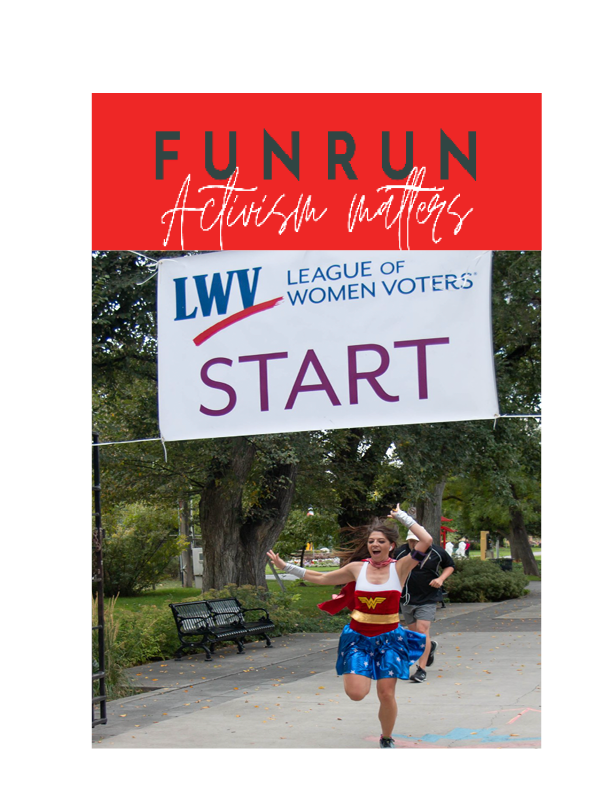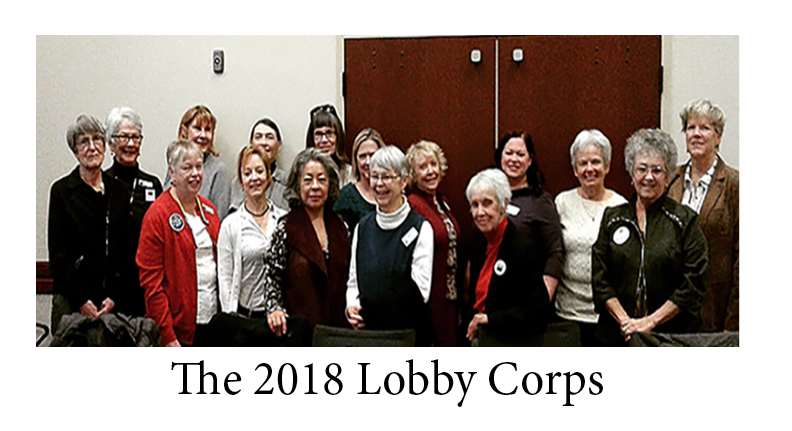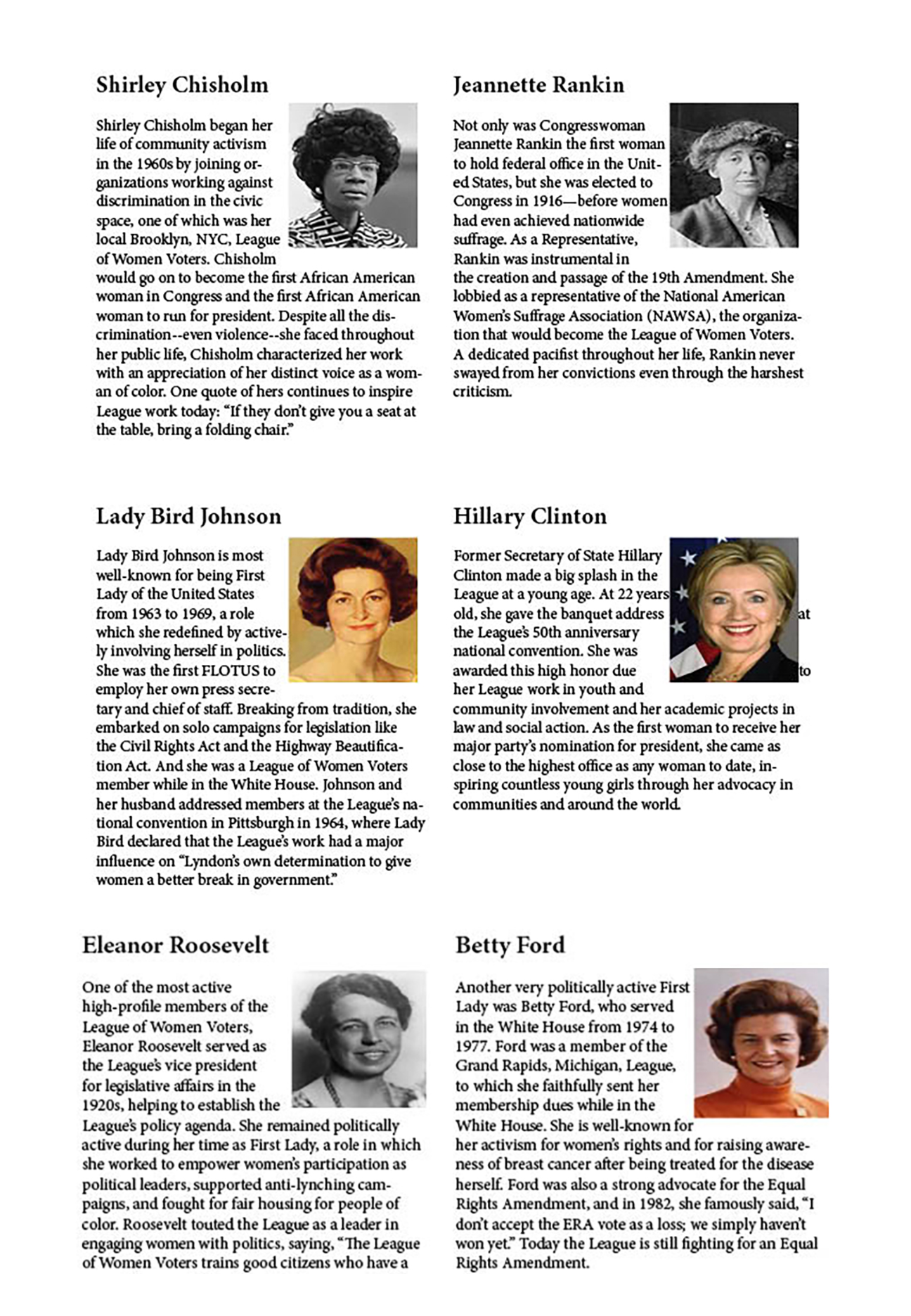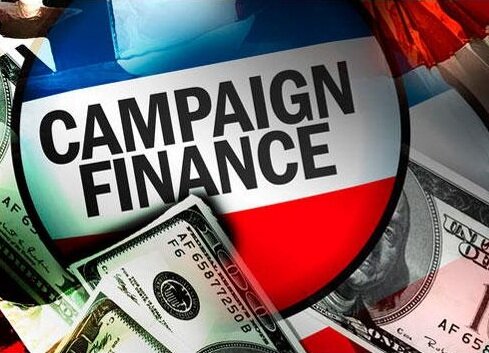To achieve the goals for campaign finance regulation, the League supports: Public financing of elections, either voluntary or mandatory, in which candidates must abide by reasonable spending limits; enhanced enforcement of campaign finance laws that includes changes to ensure that regulatory agencies are properly funded, staffed, and structured to avoid partisan deadlock in the decision-making process; abolishing Super PACs and abolishing spending coordinated or directed by candidates (other than a candidate’s own campaign committee); and restrictions on direct donations and bundling by lobbyists, which may include monetary limits as well as other regulations.Until full public financing of elections is enacted, limits on election spending are needed in order to meet the League’s goals for protecting democratic processes.
Among the different entities that spend money to influence elections, the League supports the following comparative limits
:•Higher spending limits for political parties, genuinely nonpartisan voter registration and get- out-the-vote organizations and activities, and candidates spending money raised from contributors.
•Mid-level spending limits for individual citizens (including wealthy individuals), Political Action Committees (with funds contributed by individuals associated with the sponsoring organization, such as employees, stockholders, members, and volunteers), and candidates spending their own money.
•Lower spending limits for trade associations, labor unions and nonprofit organizations from their general treasury funds.
•Severely restricted spending by for-profit organizations spending from their corporate treasury funds.•
No limits on spending by bona fide newspapers, television, and other media, including the internet, except to address partisan abuse or use of the media to evade campaign finance regulations.
Before that 2016 statement Leagues at all levels had studied campaign finance.
The Salt Lake Experience
In the 1990s the Salt Lake LWV studied campaign financing of the municipal elections and worked on public financing of the mayor and city Council elections. The public financing proposal failed but a law limiting the maximum contributions to mayoral and city council candidates was enacted. This law allowed a maximum personal contribution of $7500 to mayor and $1500 to city council members. These limits are adjusted in campaign years to reflect cost of living changes using the Consumer Price Index.
In the fall of 2015, Move to Amend, a Salt Lake group working on campaign finance, approached the League to join an effort to reduce the maximum individual contribution to mayoral and council candidates to $500 and to ban contributions from corporations. League members lobbied the mayor and council members vigorously. At the last meeting of 2015 City Council and after the 2015 mayoral election, the council reduced the maximum contribution to mayoral candidates to $3500 and council candidates to $750. These limits apply to individuals, corporations, nonprofits and unions. The law also banned contributions from individuals or companies doing business with City Hall. Salt Lake City has no law concerning contributions from PACS (political action committees) or Super PACS.
The state of Utah has no limits on campaign contributions. Attempts to enact limits in the Legislature have always failed.
How Can You Be An Activist?
There is still work to be done, not only in Salt Lake City but around the county, as well. Join one of the League studies to dig deeper into the issue. You may also want to join the Observer Corps, a group of dedicated members who attend and report back on municipal and county governments.
Information from website of LWVUTAH.org.













